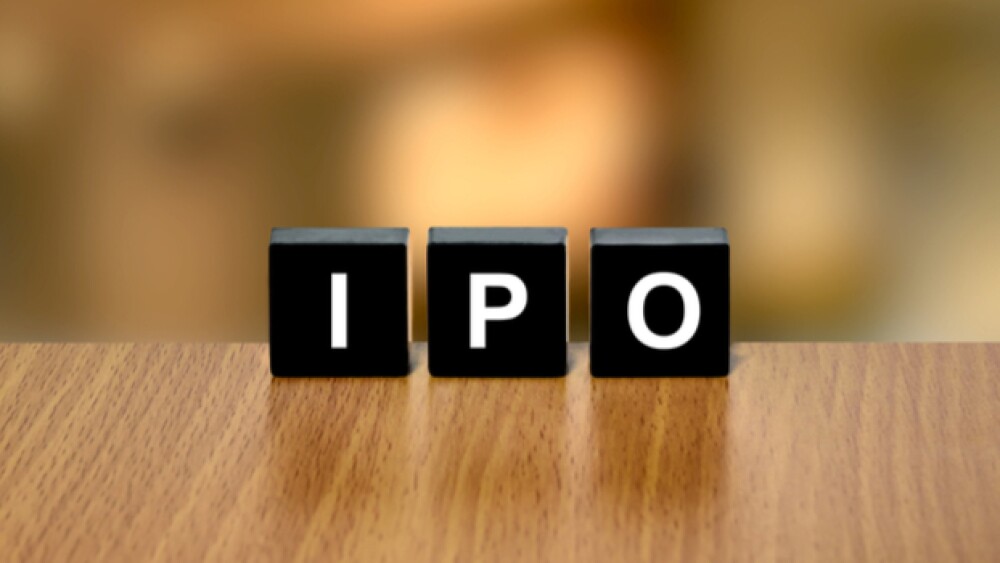Grail, a spin out of genome sequencing firm Illumina, filed a preliminary prospectus for a $100 million initial public offering (IPO) last week with the U.S. Securities and Exchange Commission (SEC).
Grail, a spin out of genome sequencing firm Illumina, filed a preliminary prospectus for a $100 million initial public offering (IPO) last week with the U.S. Securities and Exchange Commission (SEC). This move precedes the company’s anticipated 2021 launch of a multi-cancer liquid biopsy screening test for use in asymptomatic individuals over the age of 50.
The IPO will be used to fund new trials for its liquid biopsy test as well as a diagnostic aid for the test. Additionally, proceeds from the IPO will be used to advance other candidates and expand sales force and lab operations.
As of May 2020, the company has raised more than $1.9 billion in capital, thanks largely to support from third-party investors. These investors include ARCH Venture Partners, Sutter Hill Ventures and even Amazon.com founder Jeff Bezos via Bezos Expeditions. Illumina holds a 14.6% stake in the company with approximately 98.3 million shares.
Grail expects to launch their liquid biopsy product Galleri as a lab-developed test next year. Galleri relies on a targeted methylation sequencing panel to identify more than 50 types of cancer across different stages of disease. Additionally, the blood-based test is designed to help clinicians identify a cancer’s tissue of origin. The company is planning for commercialization of their product, and a premarket approval application for a next-generation version of the test has been scheduled for submission in 2023.
Clinical data, published in the Annals of Oncology, supported the test’s accuracy in identifying tissue of origin and specificity in detecting cancers across all stages. The study also found that the test featured a single false positive rate of <1%.
“The promising results from this independent validation data set demonstrate the robustness of the test performance, including its ability to detect multiple cancer types, and its generalizability to broader populations due to a low false positive rate,” according to a statement made by study author and investigator Minetta Liu, MD, Research Chair and Professor, Department of Oncology, Mayo Clinic. “In addition, the high accuracy in identifying the anatomic origin of the primary cancer, in conjunction with detection of a positive cancer signal in the blood, will allow providers to efficiently direct next steps for each individual’s diagnostic work-up and subsequent clinical care.”
Grail noted in the SEC filing that the company has not yet generated any revenues to date. In 2019, Grail incurred a net loss of $244.9 million, encompassing research and development costs of approximately $158.9 million as well as general and administrative costs of $80.9 million.
In the IPO filing, Guardant Health, Exact Sciences, Freenome, Thrive Earlier Detection and ArcherDX were named as Grail competitors. These competitor companies have also tested liquid biopsies in trials comprising more than 100,000 participants. In an effort to set itself apart from these companies, Grail said that it doesn’t believe they “would have the financial resources to invest in population-scale clinical trials and rigorous analytics to compete with” Grail’s products.
According to a statement made by Grail about the IPO registration, the number of shares to be offered as well as the price range for the offering have not been determined. The company, based out of Menlo Park, CA, applied for Nasdaq listing under stock symbol “GRAL.”





